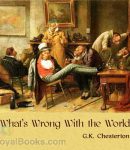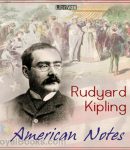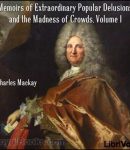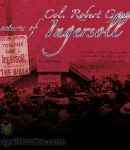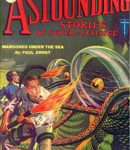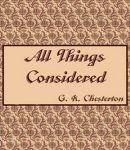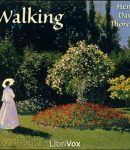
Walking
This was originally a lecture given by Thoreau in 1851 at the Concord lyceum titled “The Wild” . He revised it before his death and it was included as part of the June 1862 edition of Atlantic Monthly. This essay appears, on the surface, to be simply expounding the qualities of Nature and man’s place therein. Through this medium he not only touches those subjects, but with the implications of such a respect for nature, or lack thereof. [chương_files]
